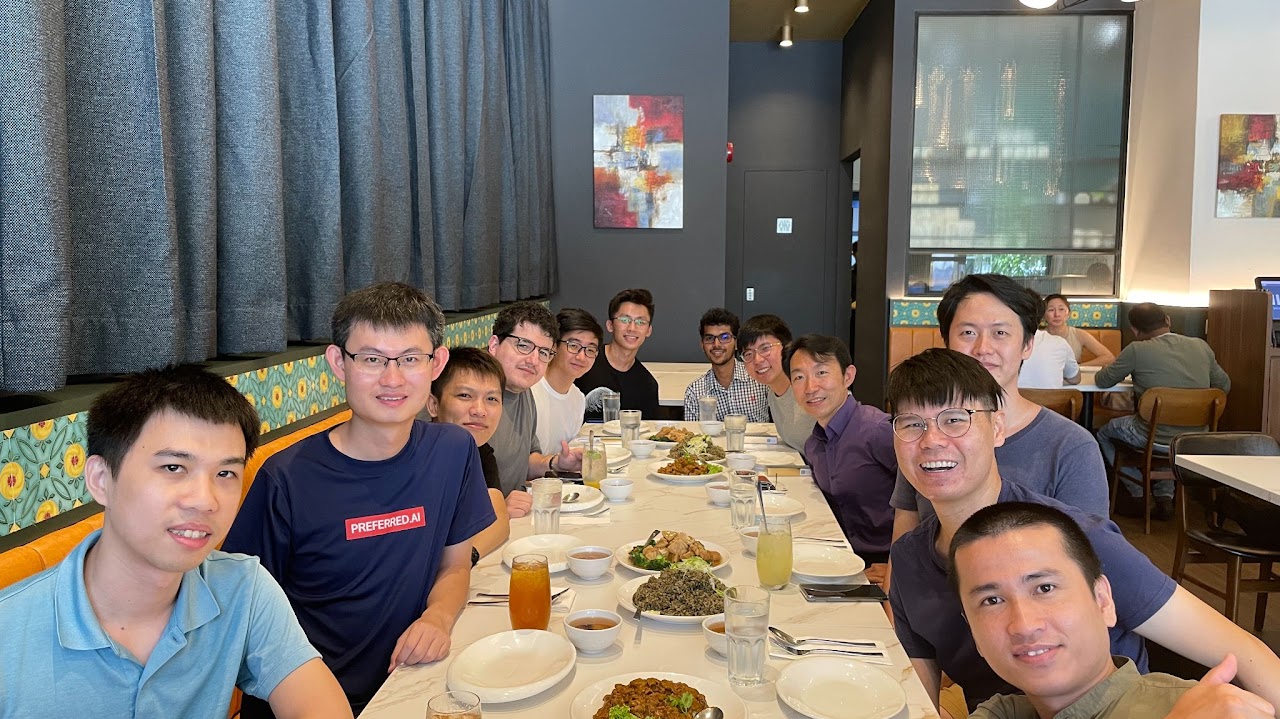Multi-Modal Recommender Systems: Towards Addressing Sparsity, Comparability, and Explainability
Hoang, Tuan, Aghiles, and Hady will be delivering a tutorial at the ACM Web Conference 2023 conference that will take place in May 2023 in Austin, Texas.
The slides and the hands-on materials can be found here.
A video of the tutorial can be found here.
Abstract
Web applications frequently feature a recommender system to help users discover items (e.g., products, content articles) of interest. This tutorial focuses on multi-modality, i.e., the use of side information such as text, images, or graphs to augment the preference data. In particular, we cover several important aspects of multi-modality. First is how models rely on the auxiliary modality to address the sparsity of preference observations in order to better bridge users and items. These models are typically designed along modality lines, which we cover comprehensively. Second is how to manage comparison and cross-utilization of multi-modal models. The former is concerned with streamlining the treatment of models that share the same modality. The latter is concerned with using a model initially designed for one modality with another. Third is how the auxiliary modalities could act as recommendation explanations, as recipients may find textual, visual, or graphical explanations more intuitive. This is a hands-on tutorial, whereby lectures are supplemented with exercises conducted with Cornac, a comparative framework for multimodal recommender systems.
Outline
- Multimodal Recommender Systems
- Hands-on 1: Cornac framework
- Text, Image, and Graph Modalities
- Hands-on 2: Multi-modal & Cross-modal
- Explainability
- Hands-on 3: Explainability
- Q & A
Target Audience
Introductory to intermediate. We target both practitioners seeking applicable experience, as well as researchers interested in recent and future research directions in multimodal recommender systems.
Prerequisites
Basic knowledge of Python, machine learning and recommender systems.
Speakers

Trung-Hoang Le is a PhD candidate in Computer Science at Singapore Management University (SMU). His research focuses on recommendation explanation. Some of his recent work on recommendation explanation has been published at top conferences, including IJCAI, WSDM, and BigData. He won a Distinguished Paper Award at IJCAI-20. He received the 2020 SDSC Dissertation Research Fellowship.

Quoc-Tuan Truong is an Applied Scientist at Amazon working large-scale machine learning for personalization. His research focuses on multimodal representation learning and preference modeling for recommender systems. Some of his recent work has been published at top conferences and journals, including AAAI, WWW, ACMMM, WSDM, and JMLR. He is experienced in university teaching, delivering tutorials at RecSys 2021 as well as AI Singapore Summer School 2020.

Aghiles Salah is an Applied Research Scientist at the Rakuten Institute of Technology. His research is in machine learning and recommender systems. He is the (co) author of several publications in tier-1 conferences and journals, and he taught (over more than six years) several undergraduate and master’s courses on machine learning, data analysis, and related topics.

Hady W. Lauw is an Associate Professor at SMU School of Computing and Information Systems and the current Chair of the Singapore Chapter of ACM SIGKDD (KDD.SG). He publishes actively on AI and recommender systems, earning a Distinguished Paper Award at IJCAI-20 and an Outstanding Paper Nomination at AAAI-14. He has also conducted tutorials in major conferences, such as RecSys-21, AAAI-19, IJCAI-11, and CIKM-10. He has more than 10 years of university teaching experience (twice nominated for teaching awards) at both undergraduate and postgraduate levels, including a master-level course on recommender systems.




